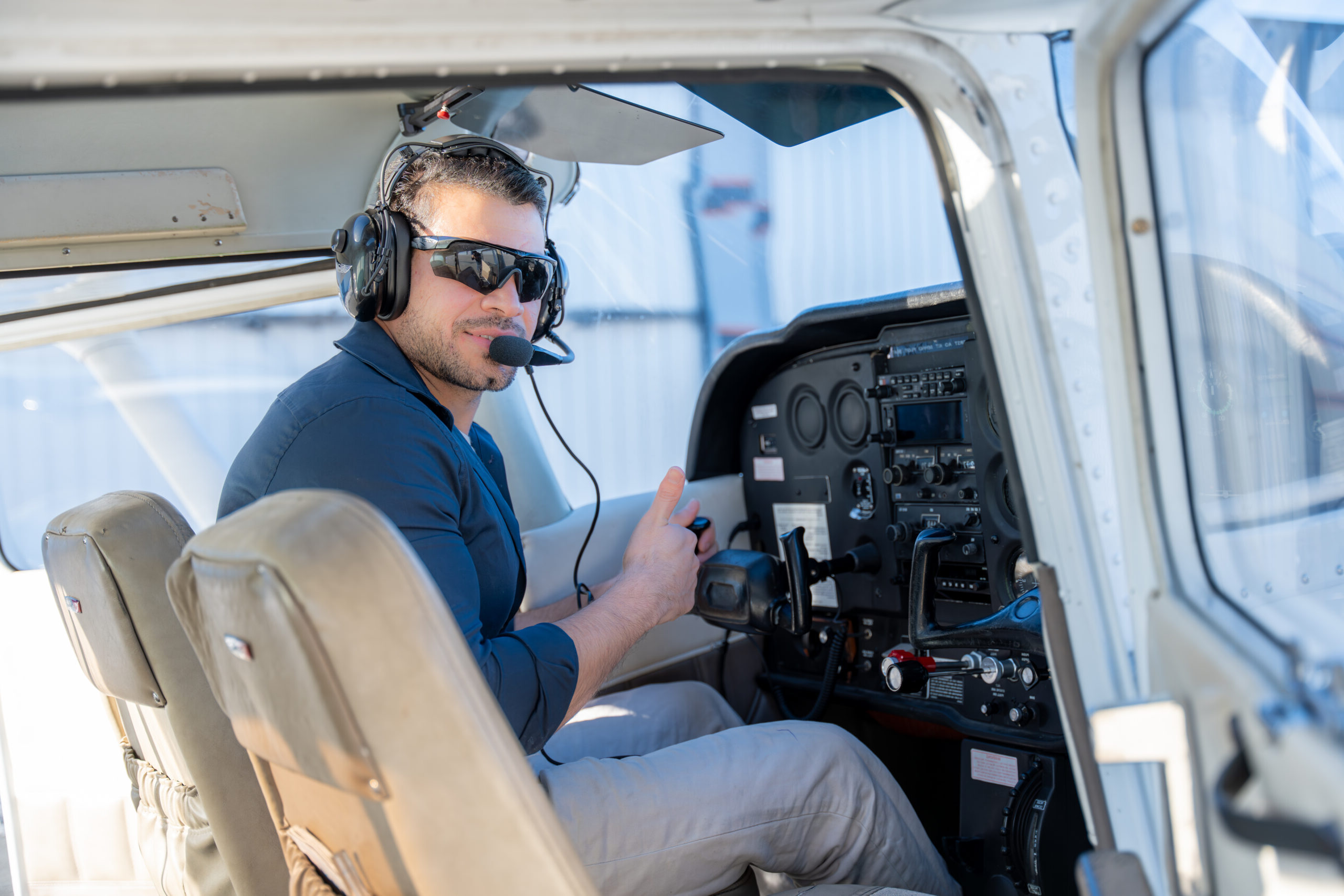Have you ever wondered what an early childhood educator does? Sure, you may have a general idea that they work with young children, but their role goes far beyond just playing games and changing diapers.
Early childhood educators are responsible for laying the foundation of a child’s learning and development, preparing them for the academic and social challenges that lie ahead.
In this article, we’ll explore the multifaceted world of early childhood education, and delve into the many responsibilities and skills that make up this important profession.
Whether you’re a parent curious about what your child’s teacher does all day, or someone considering a career in early childhood education, you won’t want to miss this comprehensive guide. So, let’s get started!
Who is an early childhood educator?
A trained professional, an early childhood educator works with young children, often from birth to age eight, in a variety of settings, including preschools, daycare facilities, and elementary schools.
They are in charge of establishing a secure and supportive environment that fosters young children’s physical, social, emotional, and cognitive development.
While early childhood educators can organize and carry out age-appropriate activities, make lesson plans, evaluate students’ development, and offer children and their families emotional support and direction.
They possess the skills and expertise required to support young children’s learning and development since they have received extensive training in child development, learning theories, and teaching techniques.
-
 Earn your ECE (Early Childhood Education) certification in under 1 year.Build the knowledge and skills to shape the lives of children in your community.
Earn your ECE (Early Childhood Education) certification in under 1 year.Build the knowledge and skills to shape the lives of children in your community.
What is the role of early childhood educators?
The primary duties and functions of early childhood educators are:
- Early childhood educators are in charge of designing a curriculum that is appropriate for the talents and requirements of young children. They construct experiences, learning activities, and lesson plans that encourage learning and growth in a range of domains.
- Early childhood educators enhance learning by leading kids through activities and offering assistance when it’s required. They also employ a variety of teaching techniques, including play-based learning, storytelling, and hands-on activities, to pique the interest of the students.
- Early childhood educators evaluate students’ progress and offer comments to parents and other carers. They monitor children’s progress using a range of evaluation instruments and techniques, and they modify their teaching approaches as necessary.
- Early childhood educators nurture young children and their families emotionally. They establish a secure and supportive atmosphere that promotes children’s emotional growth and aids in their ability to form wholesome interpersonal bonds.
- To enhance children’s learning and development, early childhood educators collaborate closely with families. They keep in constant contact with parents and other carers, share updates on the development of the kids, and provide assistance as required.
What are 5 skills you need as an early childhood educator?
Five essential skills that are crucial for anyone considering a career in this field:
- Patience: Patience is a key skill for early childhood educators as young children require a lot of attention, guidance, and care. They may take time to understand instructions, express their thoughts, or even follow through with a task, so having patience is important to provide them with the support they need.
- Communication: Effective communication is essential for early childhood educators to interact with children, parents, and other professionals. They need to be able to communicate clearly, both verbally and non-verbally, to establish a positive relationship with children and to convey information to parents or other caregivers.
- Creativity: Early childhood educators need to have a creative mindset to come up with engaging and interactive learning activities that are appropriate for young children’s developmental stages. They should be able to think outside the box and tailor their approach to each child’s unique needs and interests.
- Organization: Early childhood educators need to be highly organized to manage their workload effectively. They need to be able to plan and organize activities, maintain records, and keep track of individual children’s progress.
- Adaptability: Early childhood educators need to be adaptable to handle unexpected situations that may arise in their work. They need to be able to adjust their plans and teaching strategies to accommodate the changing needs of children and their families.
Is an early childhood educator a teacher?
An early childhood educator is a particular kind of teacher who focuses on dealing with young children throughout their most formative years, usually from birth to age eight.
Early childhood educators are in charge of organizing and carrying out educational activities that support early children’s physical, social, emotional, and cognitive development. They are inspired to explore, study, and develop their abilities and knowledge in a number of fields because of the secure and supportive atmosphere they are given by these adults.
While some early childhood educators may work at institutions of higher learning, such as preschools or primary schools, others may do so in childcare facilities or other early childhood education programs.
Regardless of the environment, early childhood educators are essential in assisting young children in laying a solid foundation for success and learning throughout their lives.
Qualifications required to become a childhood educator
- Education: A minimum of a bachelor’s degree in early childhood education, child development, or a related field is required to become an early childhood educationist.
- Certification/License: Many states require early childhood educationists to be certified or licensed. The requirements for certification or licensing vary by state, but generally include completion of an approved teacher preparation program, passing a certification exam, and completing ongoing professional development.
- Experience: Some positions may require prior experience working with young children, either in a formal or informal setting.
- Skills and Abilities: Early childhood educationists should have excellent communication and interpersonal skills, be patient, and creative, and have a deep understanding of child development and learning.
- Clearances: Some positions may require background checks, fingerprinting, and other clearances to ensure the safety and well-being of children.
How to be a registered early Childhood Educator
- Obtain the necessary education
- Gain relevant experience
- Meet certification requirements
- Maintain ongoing professional development
Conclusion
In conclusion, early childhood educators play a crucial role in supporting young children’s development during their most formative years. They use their specialized knowledge and skills to create a safe and nurturing environment that promotes learning and growth across all developmental domains.
By providing children with opportunities to explore, learn, and develop their skills, early childhood educators help lay the foundation for a lifetime of success.
If you are passionate about working with young children and have the essential skills required to become a registered early childhood educator, then this career path may be the right fit for you. So, if you’re ready to embark on a rewarding journey in early childhood education, take the first step toward your goal today.



